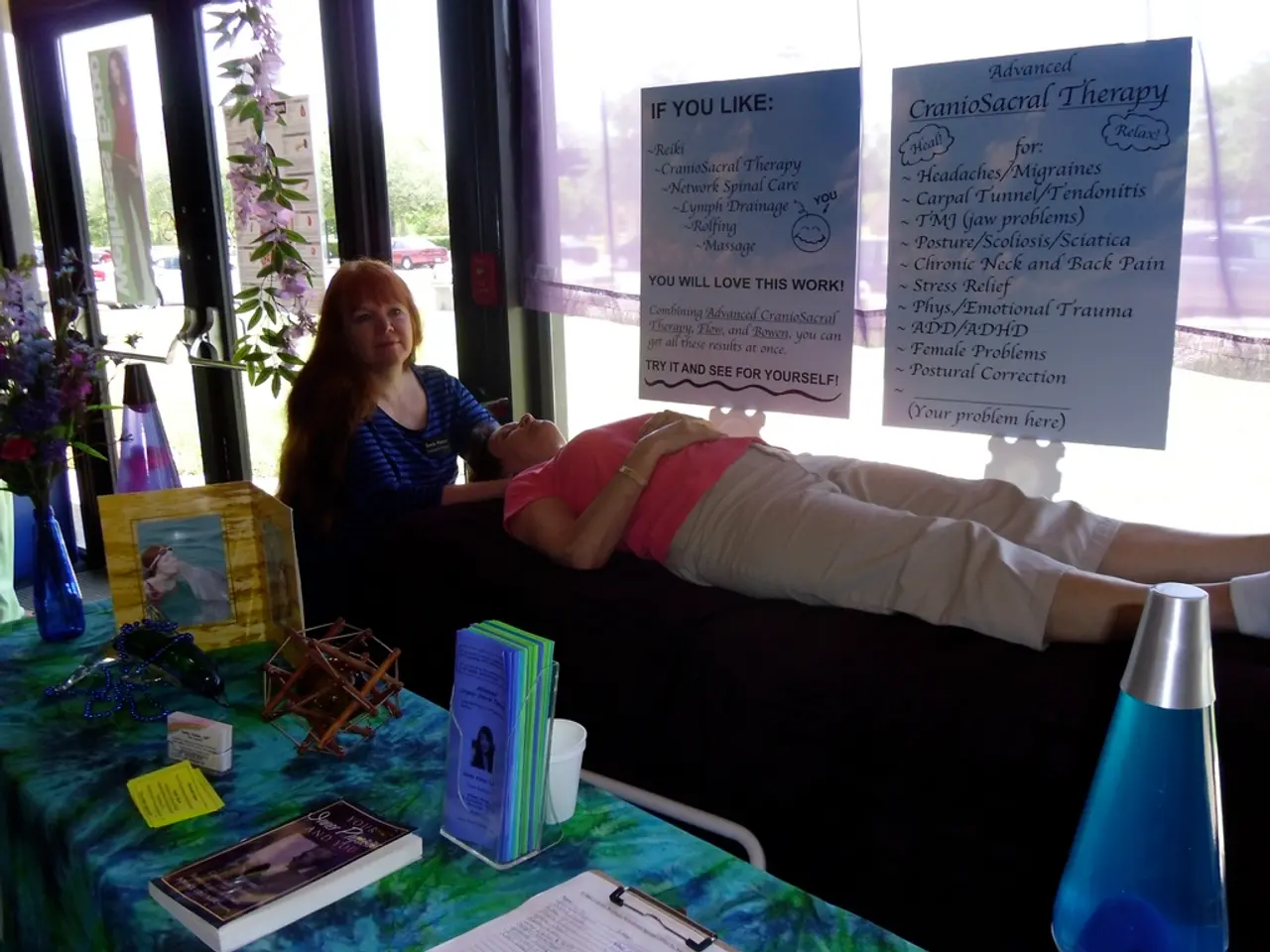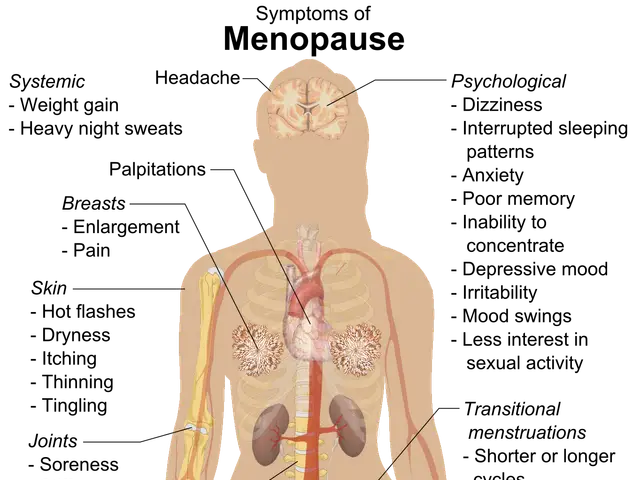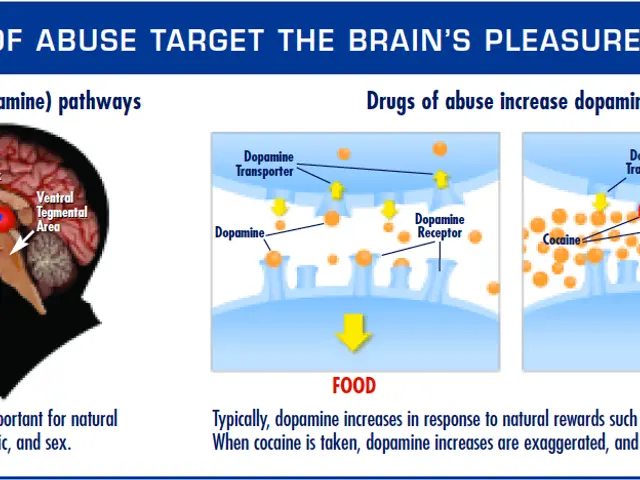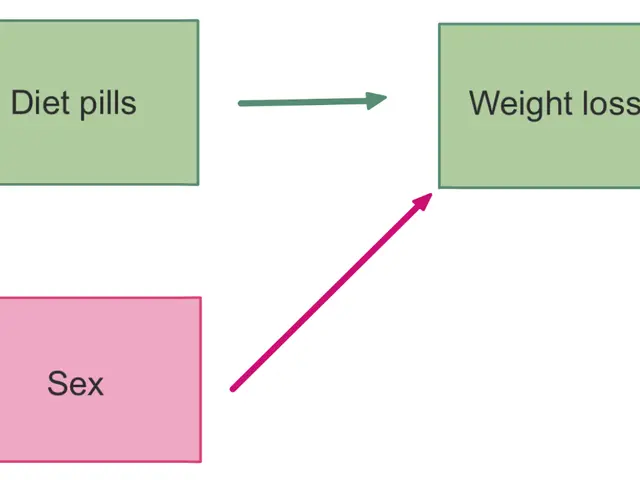Comprehensive Guide on Adolescent Counseling: Essential Insights and Strategies
In a world where adolescence can be a challenging and complex phase, teen counseling emerges as a valuable tool to help young people navigate their emotional and mental health journeys. This form of therapy, tailored specifically to the unique needs of teenagers, offers a range of techniques designed to support adolescents in coping with the various challenges they may face.
One of the key approaches in teen counseling is Cognitive Behavioural Therapy (CBT), which empowers teens to identify and change unhelpful thoughts and behaviours. By fostering healthier thinking patterns and coping mechanisms, CBT can significantly improve conditions such as anxiety, depression, and low self-esteem.
Another technique, Dialectical Behaviour Therapy (DBT), places emphasis on emotional regulation, mindfulness, and improving relationship skills. Particularly beneficial for teens overwhelmed by intense emotions or struggling with interpersonal conflicts, DBT helps them gain control and reduce impulsivity.
Art and music therapy are creative outlets that allow teens to express feelings non-verbally, often proving useful when they find it difficult to articulate emotions. Engaging in drawing, painting, music, or movement helps teens explore and release emotions, making therapy more accessible and less intimidating.
Problem-solving skills development is another crucial aspect of teen counseling. Counselors guide teens to identify their problems clearly, focus on issues rather than personalities or emotions, and evaluate possible solutions. This approach promotes independence and resilience, helping teens confront challenges calmly and constructively, reducing anxiety and frustration.
Walk-and-talk therapy and informal conversations, held in less formal settings like during walks in nature, encourage teens to open up more naturally. Such environments can improve mood and comfort, helping build trust and facilitating authentic conversations about feelings, experiences, and future plans, supporting emotional growth and decision-making.
Communication-enhancing activities, such as role-playing, journaling, family meetings, and interactive games, help improve verbal and nonverbal communication skills, build empathy, and strengthen relationships. These activities make therapy engaging and promote healthy social skills.
By tailoring these approaches to the teen’s unique personality and challenges, counseling effectively supports adolescents in navigating the complex social, emotional, and mental health issues typical in this developmental stage.
To prepare for counseling as a teen, it's helpful to make time to find the right teen counselor, determine whether to meet online or in person, write down thoughts or questions, and involve parents in the decision-making process.
Signs that an adolescent may benefit from teen counseling include constant sadness, distance, anger, anxiety, antisocial behaviour, social withdrawal, inability to concentrate or make decisions, substance abuse, poor academic performance, lack of interest in activities, changes in sleep patterns, lethargy, suicidal thoughts, or a desire to harm themselves or someone else.
During the first therapy session, a teen counselor will collect information such as a description of the teenager's childhood, their recent emotional state, their hobbies, passions, and relationships, and what they hope to achieve in the therapeutic process.
Teen counselors are licensed therapists who specialize in providing mental health services to adolescents and often younger children. They work with clients to assess symptoms, develop personalized treatment plans, assist in implementing healthier coping mechanisms, and conduct behavioural assessments.
When talking to parents about starting teen counseling, it's best to find a calm time to talk and remind them that attending counseling sessions is a tangible way for them to help. It's important to discuss the benefits of teen counseling with them.
Counseling for teens can help them cope with impactful life transitions such as the grieving process after a major loss, depressive disorders or suicidal thoughts, divorce, financial stress at home, the long-term mental health effects of different forms of abuse or assault, bullying, depression, anxiety, anger-related issues, chronic health conditions or complications, relocating to a new school, home, or town.
The benefits of teen counseling include learning positive coping skills, boosting the ability to make healthy choices, improving academic performance, teaching teens to cultivate healthier relationships, offering greater emotional awareness, and helping adolescents maintain and respect personal boundaries, communicate their needs effectively, and develop more positive relationships.
Teens who are experiencing abuse or neglect should safely report their situation to a trusted adult, such as teachers, guidance counselors, law enforcement, or a 24/7 crisis line.
Data collected by the National Institute of Mental Health (NIMH) highlights the need for teen counseling, noting that nearly one out of three adolescents between the ages of 13 and 18 will develop anxiety, and teens that identify as female, mixed race, or of colour face an increased risk of developing depression.
A teen's therapy sessions are confidential, but parents can request that their teen's counselor only share what their teen wishes to have disclosed, except in instances of immediate danger or risk to the well-being of others.
Our platform offers exceptional teen counseling services with hundreds of brick-and-mortar offices across the country and online counseling sessions. They do not operate with a waitlist, offer full 50-60 minute sessions, accept hundreds of insurance plans, and offer affordable out-of-pocket rates as low as $99 a session. They also offer evening and weekend appointments, high-touch support, and real, lasting relationships with clients.
In conclusion, teen counseling plays a vital role in supporting adolescents as they navigate the complexities of their emotional, mental, and social development. By providing a safe, non-judgmental space to express feelings, explore challenges, and develop coping strategies, teen counseling empowers young people to grow, learn, and thrive.
Sciencely influenced health-and-wellness practices, such as art and music therapy, are incorporated into teen counseling to encourage mental and family health. Teen counseling, encompassing techniques like CBT and DBT, also supports parenting by fostering problem-solving skills, emotional regulation, and healthier social interactions among adolescents.






